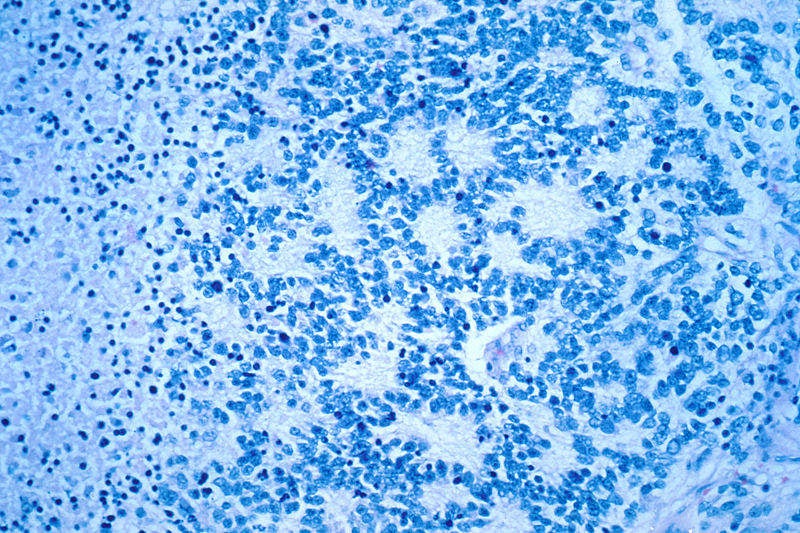

Memorial Sloan Kettering Cancer Center (MSK)-developed Burtomab has received breakthrough therapy designation from the US Food and Drug Administration (FDA) for the treatment of pediatric patients with relapsed or refractory neuroblastoma with central nervous system or leptomeningeal metastasis.

Discover B2B Marketing That Performs
Combine business intelligence and editorial excellence to reach engaged professionals across 36 leading media platforms.
Neuroblastoma is a type of cancer that is formed in certain types of nerve tissue.
Licensed to clinical-stage biopharmaceutical company Y-mAbs Therapeutics, Burtomab is a drug used to treat patients with metastatic neuroblastoma.
YmAbs founder, president and business development and strategy head Thomas Gad said: “We are very pleased that the FDA has granted the breakthrough therapy designation to burtomab and thereby shortened the timelines for making this therapy available to the children facing an unmet medical need.
“Burtomab clearly provides a potential curative treatment option for pediatric patients otherwise faced with little or no options.

US Tariffs are shifting - will you react or anticipate?
Don’t let policy changes catch you off guard. Stay proactive with real-time data and expert analysis.
By GlobalData“This is an important milestone achievement for YmAbs, and we continue to work with our strategic partner MSK and the regulatory authorities to advance burtomab to patients suffering from refractory leptomeningeal metastasis from neuroblastoma as quickly as possible.”
MSK Neuroblastoma Programme head Nai-Kong Cheung has developed and tested the antibody that resulted in the breakthrough therapy designation.
The FDA has granted the breakthrough therapy designation based on the data obtained from a pivotal clinical study of burtomab with radio-labelled iodine for the treatment of neuroblastoma that metastasises to the central nervous system or the leptomeninges.
Image: Microscopic view of a typical neuroblastoma with rosette formation. Photo: courtesy of Dr Maria Tsokos, National Cancer Institute.




